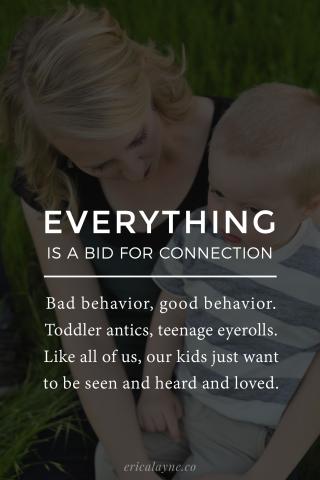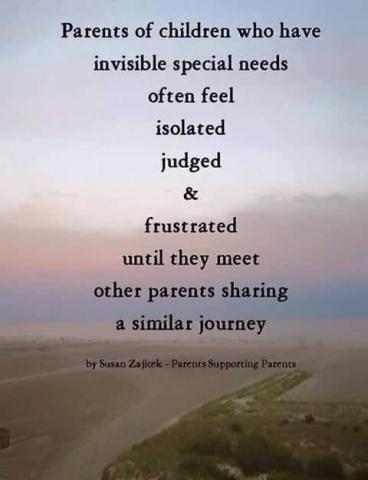

Coping With ADHD and Sleep Disturbances
We all struggle with sleep issues from time to time, but those with attention deficit hyperactivity disorder (ADHD) may experience additional factors that contribute to trouble sleeping.
Whether it stems from a comorbid condition or a substance, people with ADHD may be prone to having struggles with sleep. Understanding why you cannot sleep could be the first step to rectifying the situation.
From chronic ADHD fatigue and lower immune function to negligence and poor memory, ADHD-related sleep disturbances can touch every aspect of your waking life. In order to improve your mental and physical health, you’ll need to figure out which aspects of your sleep are most affected, and how to change your routine to balance your ADHD symptoms.
Reasons for ADHD Insomnia
Anxiety
Anxiety is a common comorbid condition with ADHD. Our anxious thoughts, which may worsen at bedtime, often keep us from falling or staying asleep. Some may ruminate on a particular thought. Others may worry excessively. If anxiety is severe enough that it is hindering sleep on a chronic level, then it is important to seek help, as untreated anxiety can become crippling.
Racing Thoughts
Sometimes with ADHD our thoughts are moving so fast that we cannot keep up. This explains the scattered, forgetful mindset that many think of when considering what ADHD is like. Racing thoughts can be difficult to sit with and you may struggle to fall asleep because there are so many of them swirling around in your head. Racing thoughts can be treated with therapy or medication — you don’t have to be resigned to them.
Stimulant Medication
Stimulants are a class of medications that are used to treat ADHD. While stimulants can have wonderful benefits, if taken too late in the day, you may have trouble sleeping. To solve this, talk with your doctor about setting a schedule to determine when you take your medications. Of course, there are also other medication options that are non-stimulants that you can also try.
Hyperactivity and Restlessness
If the hyperactive component of ADHD is at play in your life, you may be more vulnerable to sleep issues. If you feel the urge to move around or you’re filled with energy, it can make it difficult to wind down enough for you to sleep. Try to find ways to get out that restlessness or hyperactive tendencies, like exercise. It could lead to a better night’s sleep.
Caffeine
Sometimes people with ADHD self-medicate with caffeine, and too much caffeine can mean sleepless nights — especially if it is consumed later in the day. Keep track of how much caffeine you consume and discern if you need to cut back.
Other issues include:
Difficulty falling asleep. About 75 percent of adults with ADHD report that they spend over an hour trying to fall asleep each night.
Restless sleep. Tossing and turning, kicking and twisting, jerking awake — ADHD symptoms can interfere even after you manage to fall asleep. Many sufferers say they wake up feeling just as tired as when they went to bed the night before.
Difficulty waking. After struggling with light sleep through the night, 80 percent of people with ADHD will fall into a very deep sleep in the early hours of the morning. This makes us disoriented and exhausted when the alarm goes off. The drowsiness can sometimes continue into the afternoon.
Spontaneous sleep. When an ADHD sufferer loses interest in the task or activity at hand, their brain quickly searches for another point of focus. Sometimes, the nervous system can withdraw from the situation, which may bring on sudden and extreme drowsiness or sleep.
Tips for Getting a Good Night’s Rest With ADHD Insomnia
Sleep disturbances could be blamed on stimulant medications used to treat ADHD, or they’re recognized as parallel issues; these are problems that occur alongside ADHD and not as a result of the condition. Unfortunately, both misdiagnoses can result in persistent and pervasive symptoms that interfere with your sleep and your waking hours. You may need to take this matter into your own hands.
Exercise Regularly
Exercise is not only a healthy habit to establish, it is also a great way to release some of that excess energy and hyperactivity. The benefits of exercise for ADHD are plentiful, so there is no reason not to try. Determine when the best time to exercise is to suit your needs and lifestyle. For instance, you may find exercising too late in the day disturbs your sleep pattern.
Maintain a Healthy Diet
What you put into your body may affect how well you rest at night. Choosing a healthy, balanced diet may help with sleep as well as other areas of life, such as managing a healthy weight.
Utilize Sleep Aids
There are many tools you can use to help you fall or stay asleep. For instance, a white noise machine may help if you need sounds to sleep, and wearing a sleep mask may block out any light that bothers you. Perhaps you prefer a certain kind of fabric in your bedding, or a different pillow. Setting the ideal mood for sleep helps you to relax and may lead to less sleepless nights.
Develop a Sleep Routine
Recognizing the importance and value of sleep is essential to developing control; that rests on healthy and regular sleep habits. Fine-tune your sleep routine by:
Routinely relaxing. Relaxing routines help you unwind more easily. Pick a calming activity to do before bed, like gentle stretching, soaking in a warm bath or listening to some music. Go to bed at the same time each night, regardless of how energetic you feel.
Avoiding sensory activities. Limit screen time in the evening hours, and sleep in a cool, dark space. Consider using a humidifier or fan to generate a bit of white noise, which will drown out sounds that can wake you in the night.
Obey your alarm. When the alarm goes off, take one long stretch, throw the covers off your bed, and get out of your room. The quicker you can leave your sleep site and get on with your morning, the sooner you’ll begin to feel alert
Keep a Good Setting
The place you sleep may be a factor when it comes to sleepless nights. Perhaps you need darker curtains, or maybe your mattress isn’t ideal.
As discussed with the sleep aids, creating the best setting for sleep is important. Sleep is the time your body uses to rest and get a chance to reset so you can get up in the morning and start your day.
Try Medication
Sometimes, even when you do all the right things, sleep just won’t come or you find yourself tossing and turning. In this case, medication may help. Talk to your doctor about your options. There may also be supplements or foods that aid in sleep.
Sleep is important. If you are struggling with sleep issues, it is important to discuss it with your doctor. Sleep disturbances may be more common in ADHD, but that doesn’t mean you have to settle for a lesser quality of rest.
Make your sleep hygiene a priority. Use your bed only for sleep or sex, and keep your bedroom comfortable and conducive to relaxation. The better you’re able to separate your sleep form the rest of your life, the better you can train your body to respond to bedtime cues.